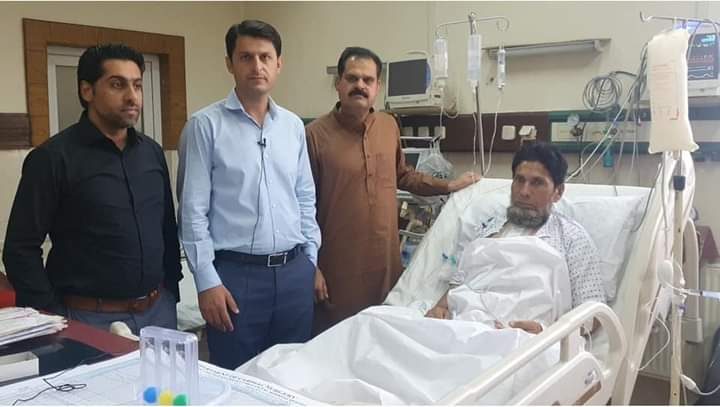Editorial:
The Balochistan government is on the verge of launching a highly anticipated health card system aimed at addressing the healthcare needs of the region’s population. The provincial health department has set up dedicated booths within select private hospitals in Quetta to facilitate the public. Obtaining medical treatment through these health cards is expected to be a straightforward process, with individuals simply required to send a message to 8500 to access all the necessary information.
An Inclusive Program
The eligibility criteria are quite inclusive, as anyone possessing a national identity card with a Balochistan province address can easily take advantage of this service.
This groundbreaking healthcare initiative was originally conceived during the tenure of the former Balochistan chief minister, Jam Kamal Khan, who led the coalition government. However, despite its initial proposal, the project remained stalled due to a lack of political commitment and bureaucratic hurdles.
Over 2 Million Families To Benefit
The potential impact is substantial, as over 2 million families in Balochistan stand to benefit from this healthcare initiative, with each family being allocated Rs. 1 million for medical treatment.
The government has also taken a significant step by signing a Memorandum of Understanding (MoU) with a private insurance company to ensure the successful implementation of this project, which aims to address the long-standing health issues faced by the people of Balochistan.
Govt Hospitals Paint A Bleak Picture
In Balochistan, government-run hospitals have long struggled to provide adequate health facilities and access to healthcare professionals. As a result, many of the affluent and middle-class residents opt for treatment in private hospitals in Quetta or the more expensive hospitals in Karachi, primarily due to the dire conditions in government healthcare facilities.
Governments in Balochistan have consistently claimed that health and education are top priorities, yet translating these claims into meaningful action on the ground has often proven challenging. The introduction of this health card initiative represents a positive step toward addressing one of the most pressing concerns of the local population.
With issues like inflation, unemployment, and alarmingly low social indicators exacerbating the problems faced by the people of Balochistan, the implementation of this initiative could potentially offer a ray of hope if carried out transparently and effectively.






